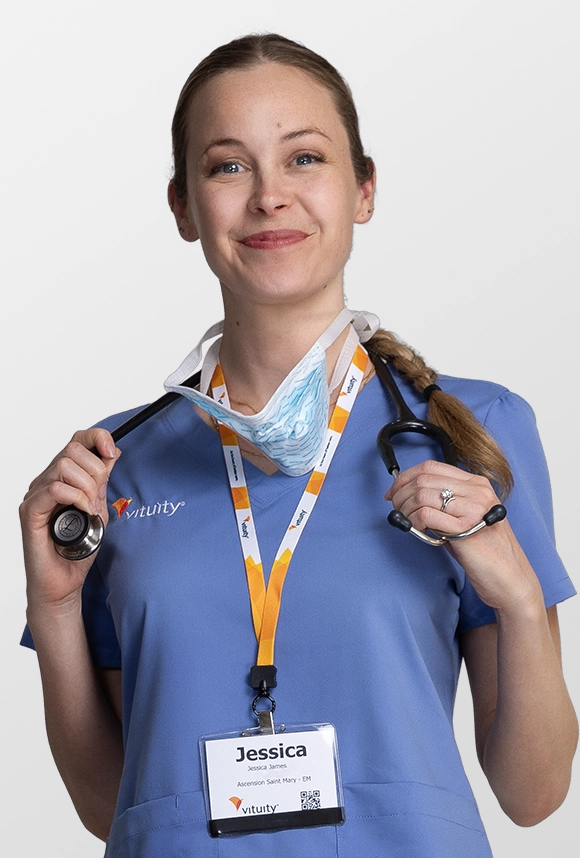Leadership Training
Gain hands-on leadership experience through dynamic small group case studies, expert-led didactics, and cutting-edge online learning modules. Engage in weekly mentorship sessions with fellowship directors and attend premier leadership programs such as Vituity’s Site Leadership Academy, Patient Experience Boot Camp, and Process Improvement Essentials.
On-the-Job Experience
Work directly with your site Medical Director, shadowing their day-to-day operations. In the second semester, take on an active role within your site's administrative team or lead a site project. Your personal Regional Director mentor will guide you through department meetings, offering insights into healthcare leadership at the regional and divisional levels.
Exclusive Access to Vituity Leaders
Get a backstage pass to Vituity’s inner workings. Learn directly from top executives and gain firsthand knowledge of our structure, operations, and strategic initiatives. Fellows also participate in virtual and in-person field trips to our medical malpractice company (The Mutual), billing company (Revenue Cycle Management), and non-clinical business support (Vituity Practice Management).























